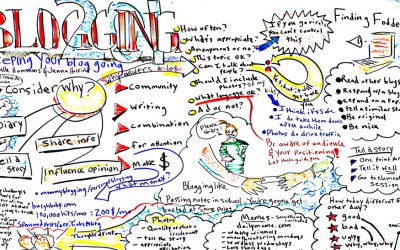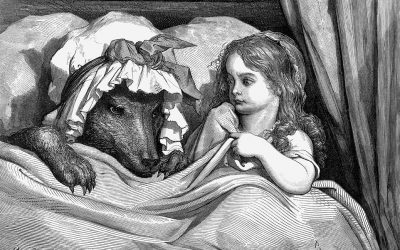Notes on Joni Tevis’ Visit
The Runestone Creative Nonfiction editorial board was pleased to be given the task of transcribing and editing the interview with our visiting writer, Joni Tevis. The following are the thoughts and reflections of each member as they took Tevis’ spoken words and turned...
BLACK APERTURE by Matt Rasmussen, Reviewed by Sandra Youngs
Black Aperture begins with a bullet, opening a hole for the reader to step through into a moment, an event, and all the repercussions of such a decision. Matt Rasmussen writes with starkly honest grief. He does not shy away from the intimate details of what his brother’s suicide has wrought…
What a Writer Can Learn From a Gamer, by Justin Delzer
No matter the format, story and narrative can be found in the oddest of places. Why do we love to read? To find a story, no matter where it lies.
Young Adult Recommendations, by Allie Fogelberg
Young Adult is one of my favorite genres to read. It is also one that has many series. Choosing favorite series of this genre can be both easy and hard. While YA may not always get the credit it deserves, the quality of writing is actually quite high and it does have...
Satisfactions of Slam Poetry: George Watsky, by Sandra Youngs
Poetry sounds good on the page, right? There’s something so satisfying about scanning the layout of the piece before starting from the top and following the author’s thoughts down the page. It’s a pleasure to note the choices they made for line and stanza breaks, and...
Help! I Can’t Write Blog Posts, by Effie Barnes
Staying active in the literary world is one of the most important things an emerging writer can do. One way to do this is by writing blog posts.
My One Key Piece of Writer’s Block Advice, by Jenna Engfer
If you struggle with writer’s block or don’t know what to do in the temporary lapse of the creative flow, don’t get discouraged.I can recall more than a few times as a writer that I have experienced coming up against a huge, solid wall. My brain shuts off and I feel...
Food for Thought: Sites for Poetic Inspiration, by McKinley Ciepielinski
Poetry is hard. For many starting writers it’s just downright daunting to look at the works of writers such as T. S. Eliot, Robert Frost, and Walt Whitman: those towering giants of literature with an almost mythic tone attached to their names.For the writers, like me,...
The Fairy Tale Revival, by Abby Campbell
Writers have been listing towards fairy tales for years, each author putting their own specific spin on a tale of their choosing. Below are some of my favorite authors who take fairy tales to another level.
The Power of Narrative in Video Games, by Allie Pikala
As writers, we can learn from any medium that uses solid storytelling. Hopefully by now it’s been well established that video games attract folks from all walks of life. You don’t need to be male. You don’t need to be a “nerd.” You don’t even need to have good...
Being a Mother Writer, by Blanca Crespin
I didn’t know I wanted to be a writer ...except for when I was in middle school and high school, but never in college. I had planned to be a biology major doing the pre-med track during my years at Hamline; but as the years went on, I saw that I wasn’t happy doing...
So You Have a Degree in Creative Writing: What Now?, by Meghan O’Brien
It’s that time of year again. Winter is finally over. The days are longer, the birds are chirping a little louder, and the sun shines just a little brighter. Everything is perfect, and then you remember graduation is (or was) around the corner. Suddenly the springtime...












